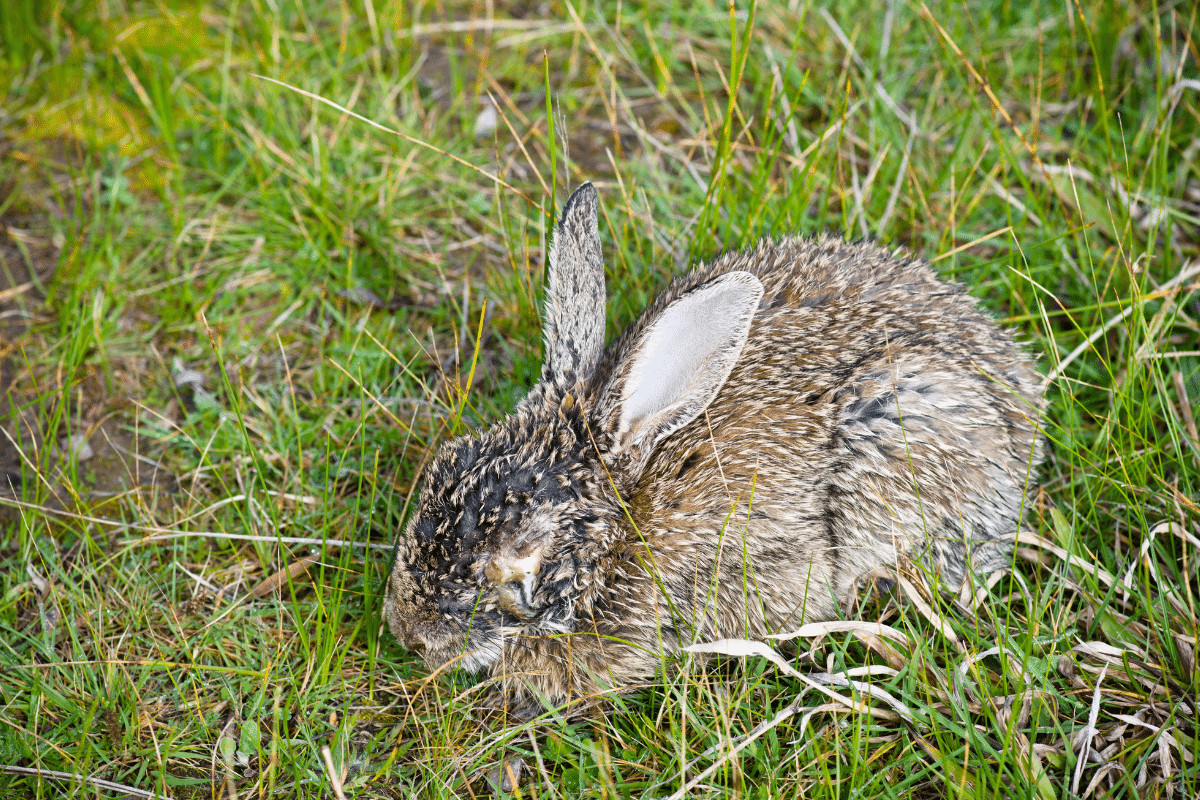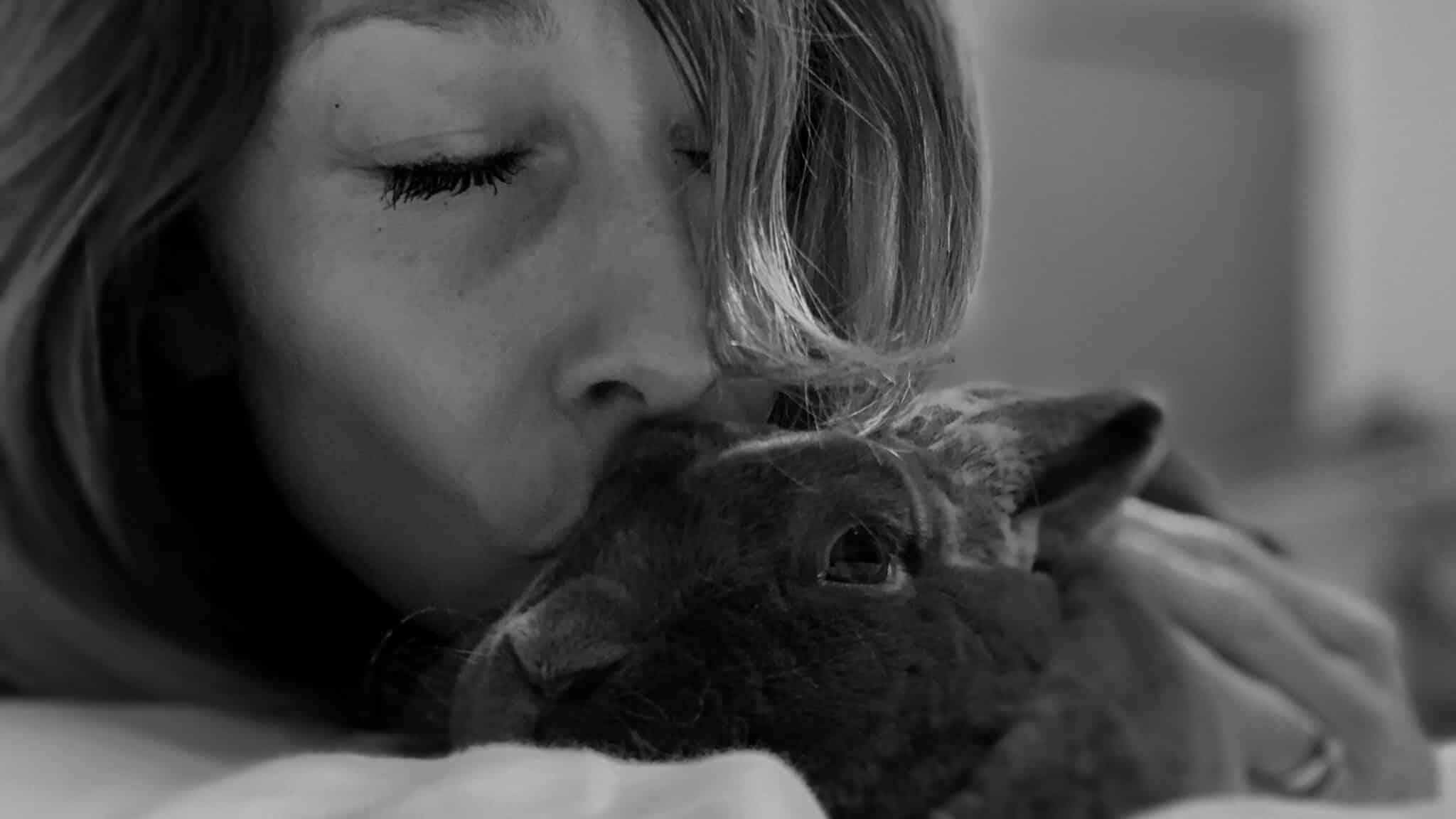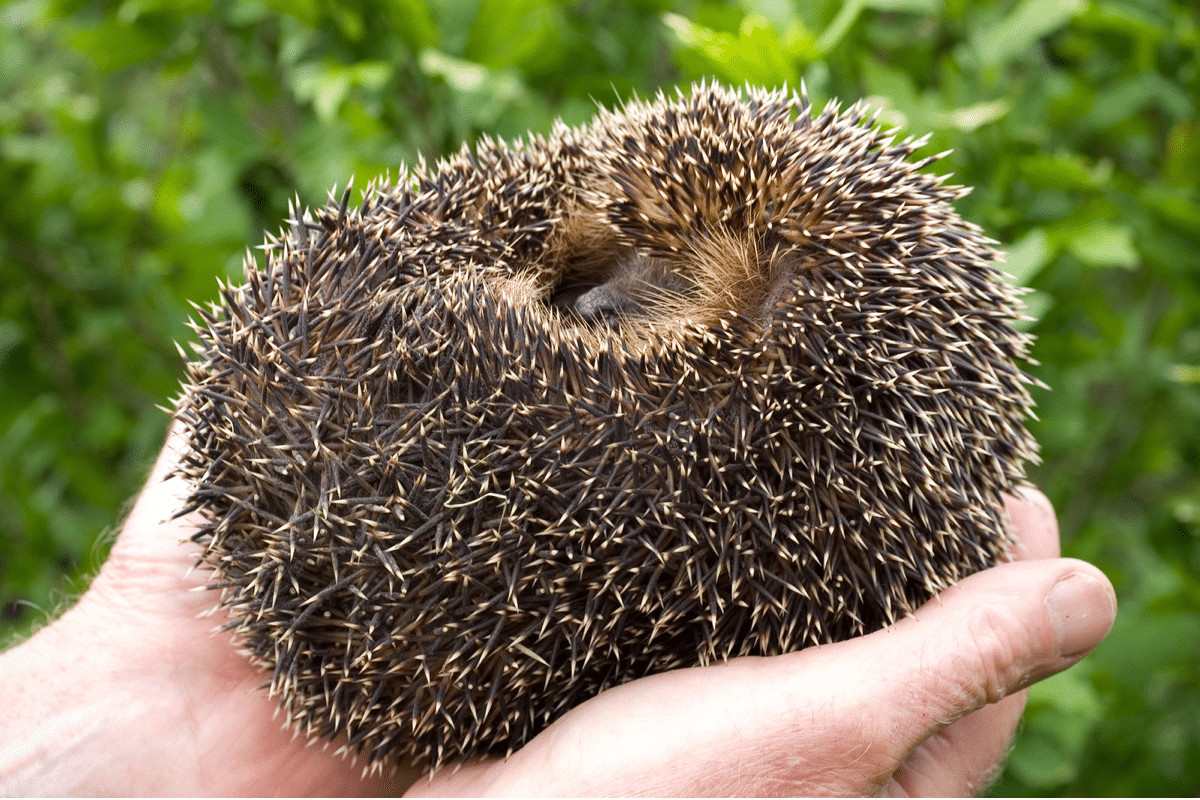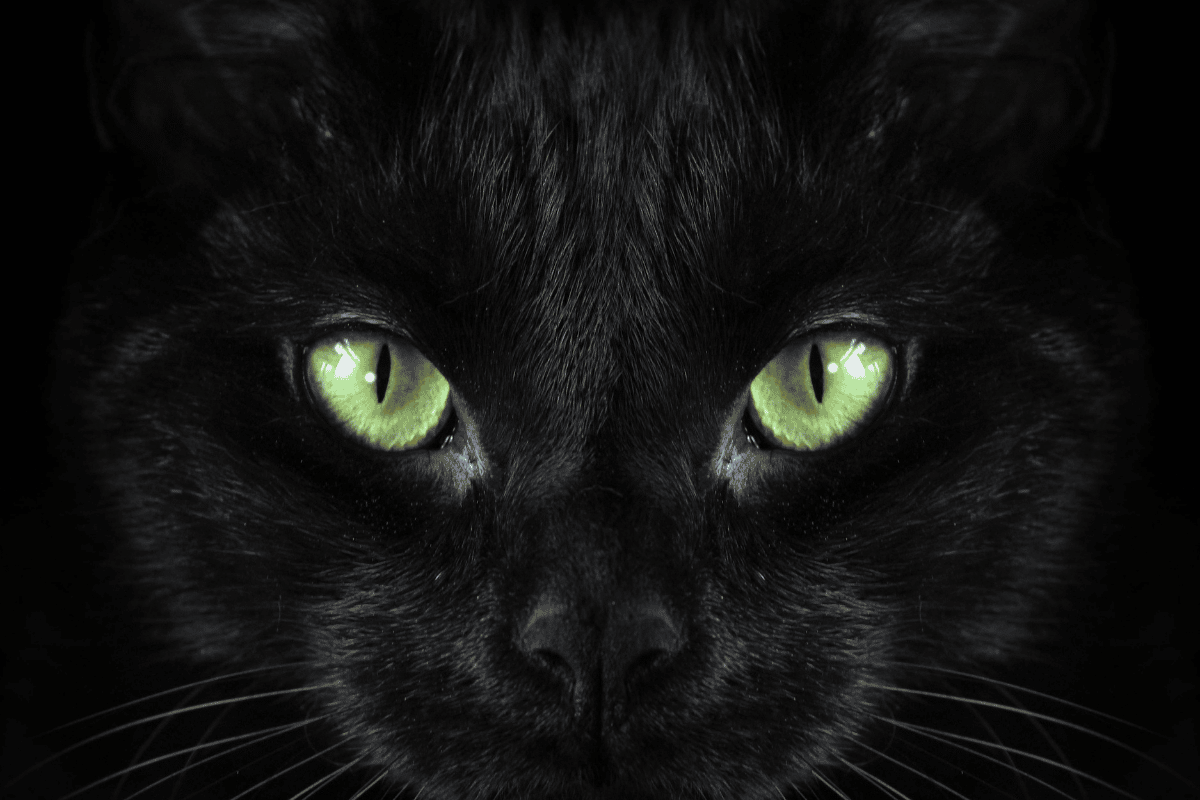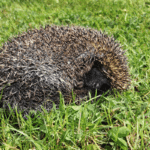Myxomatosis is a disease that affects both wild rabbits and domestic rabbits. It’s almost always fatal. Fortunately, you can have your rabbit vaccinated to protect them.
Depending on where you live, your vet may recommend different vaccinations for your rabbits. In some parts of the world, vets offer a Myxomatosis vaccine. If your vet suggests this vaccine for your rabbit, take it. Myxomatosis is a fatal disease in both wild rabbits and pet rabbits.
There’s no treatment, and infected rabbits suffer quite a bit.
What is Myxomatosis?

Myxomatosis is a disease caused by the Myxoma virus. Myxoma is a pox virus that originated in wild rabbits in North America and South America. The virus causes mild illness in these species but is fatal for other types of rabbits, including pet rabbits.
Between the eighteenth and twentieth centuries, different countries introduced Myxomatosis in an effort to control the wild rabbit population. It worked.
However, in some cases, it also harmed other animal populations, including the Iberian lynx and the Spanish Imperial eagle, which were driven to the brink of extinction. These species exclusively eat rabbits, and the decimation of the wild rabbit population eliminated their food source.
Myxomatosis also caused economic damage to rabbit-based fur and meat industries, when the disease jumped to the domestic rabbit population. The skin damage made farmed rabbits’ fur unusable, and the disease meant that their meat was unfit for consumption.
How Does Myxomatosis Spread?
Myxomatosis spreads through rabbit fleas and other biting insects. A sick rabbit can also transmit the virus to other rabbits through nasal and eye secretions, as well as other bodily fluids.
The myxomatosis virus can also be transmitted through direct contact with skin, water bottles, food bowls, toys, a rabbit’s hutch, and so forth. Humans cannot contract myxomatosis, but we can pass the virus from one rabbit to another through touch.
What is the Incubation Period of Myxomatosis?
The incubation period can vary by quite a bit. An infected rabbit may start to show myxomatosis symptoms in as little as three days or as many as twenty-one.
What are the Symptoms of Myxomatosis?

Myxomatosis symptoms can vary according to the specific strain and the way in which a rabbit catches myxomatosis (ie; through direct contact or via insects such as fleas.)
The most common symptoms of Myxomatosis include:
- Swelling at the point of infection
- Other skin lumps
- Swelling and edema of the eyelids
- Swelling and edema of the genitals
- Milky or purulent discharge from the eyes
- Fever
- Lethargy
- Depression
- Loss of appetite
Infected rabbits may also experience respiratory distress and hypothermia.
What is the Prognosis for a Pet Rabbit with Myxomatosis?
Myxomatosis in rabbits is almost always fatal.
Some wild rabbits have evolved to resist the virus, but domestic rabbits have not. Pet rabbits in areas where Myxomatosis is endemic should be vaccinated. Although vaccines aren’t foolproof, a vaccinated rabbit that contracts the virus will have a good chance of recovering with veterinary care.
Unvaccinated rabbits with myxomatosis, however, will almost never survive.
When to Contact Your Vet
Contact your vet any time you suspect your rabbit may be unwell. Rabbits are prey animals and will hide their symptoms as best as they can.
If your rabbit is exhibiting symptoms of myxomatosis, contact your vet for a definitive diagnosis.
Be on the lookout for lumps, swelling, and discharge from the eyes or nose. Lethargy and loss of appetite can be signs of a wide variety of serious illnesses, so if your rabbit exhibits these symptoms, a trip to the vet is in order. It may not be myxomatosis, but it might still be serious.
How is Myxomatosis Treated?
There is no cure for Myxomatosis.
Depending on the level of suffering, many vets will recommend euthanasia for unvaccinated rabbits who catch myxomatosis.
Vaccinated rabbits may still contract the disease but in a milder form. If your vaccinated rabbit catches Myxomatosis, your vet may offer supportive care to help your rabbit to recover.
How do I Prevent my Rabbit from Getting Myxomatosis?
Regular vaccination is key if you want to prevent myxomatosis. Vaccinated rabbits may still contract the virus, but with supportive care, they will have a good chance of survival.

Also, as blood-sucking insects are one route for transmission, ask your vet about flea control for your rabbits. In addition, take measures to mosquito-proof your garden, including:
- Eliminating stagnant water areas (mosquitoes breed there)
- Using mosquito netting around your rabbit’s hutch and runs
- Keeping your grass and foliage trimmed back
- Moving your hutch and run away from bushes and hedges
- Planting mosquito repelling plants (just make sure to keep your rabbits away from any poisonous ones.)
Wild birds can also spread myxomatosis through fleas and other parasites. So take measures to keep wild birds away from your rabbit enclosure.
What Breeds of Rabbit are Affected?
Myxomatosis can affect rabbits of any breed. Although the disease started in the wild rabbit population, it affects rabbits both in the wild and in captivity. Any unvaccinated rabbit can catch myxomatosis.
Can My Other Pets Catch Myxomatosis?
No. Myxomatosis only affects rabbits.
Is Myxomatosis Contagious to Humans?
No. Humans can’t catch myxomatosis. But we can spread it between rabbits, so be sure to wash your hands before and after handling your rabbits.
What Should I do if I Find a Wild Rabbit Which Looks Like it Has Myxomatosis?
If you find a wild rabbit that appears to have myxomatosis, the Blue Cross recommends confining it and taking it to the nearest vet. If you can’t catch it, then report the sighting to the RSPCA.

But be careful. Wild rabbits will bite and scratch. And even though they won’t transmit Myxomatosis to you, they can pass on potentially deadly diseases such as Tularemia and others. If you must handle a wild rabbit (and we don’t recommend it), wear protective gloves and clothing, and wash both yourself and your clothing thoroughly afterwards.
How Can the Disease be Controlled?
Vaccination is the best way to prevent Myxomatosis. In some areas where the disease is prevalent, vets may vaccinate as often as every six months. If your vet recommends this vaccination, it’s important that your rabbit receives it.
Myxomatosis and Your Pet Rabbit
Myxomatosis is a fatal disease that affects both wild and domestic rabbits. There is no cure, and most rabbits who catch this virus will die. Vaccination can keep your rabbits safe.
Most vaccinated rabbits will not catch myxomatosis, and those who do will suffer only a mild form of it and will have a good chance of recovery.
Myxomatosis only affects rabbits. It cannot infect humans or other pets. It can, however, be spread by other animals, including humans and wild birds.
Does your area vaccinate for Myxomatosis? Is it a problem in your area? We’d love to learn more.




